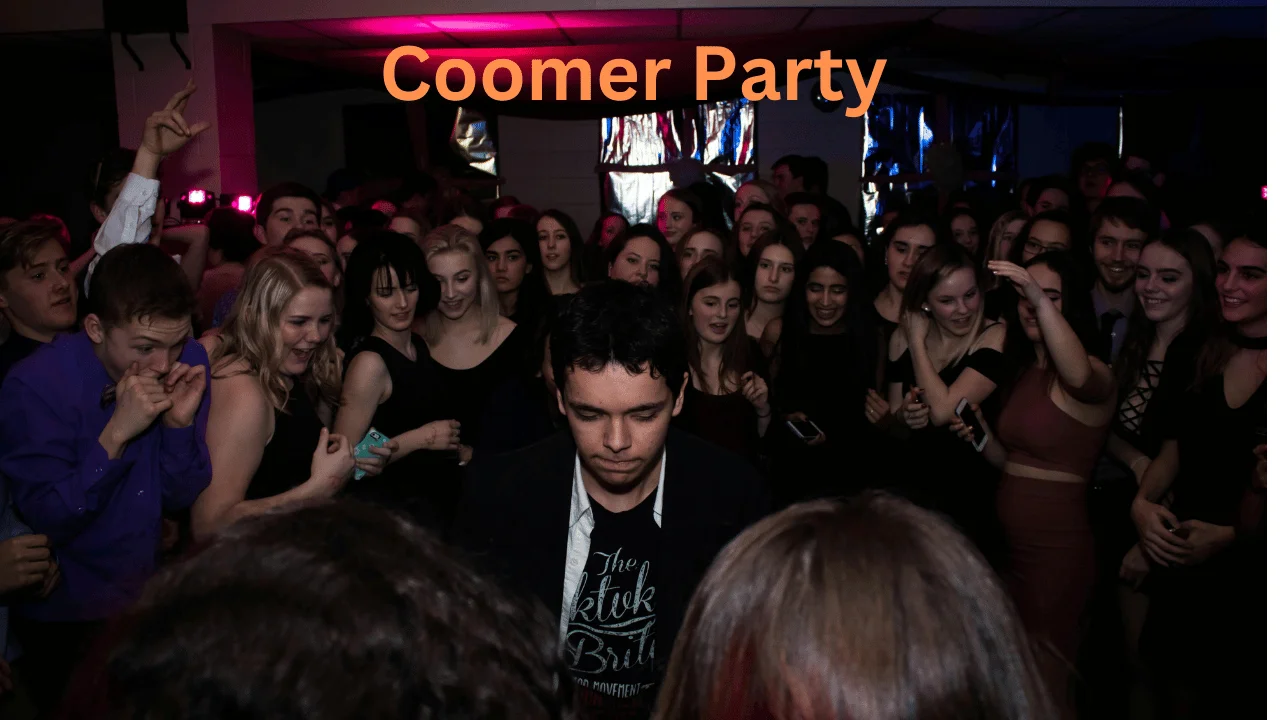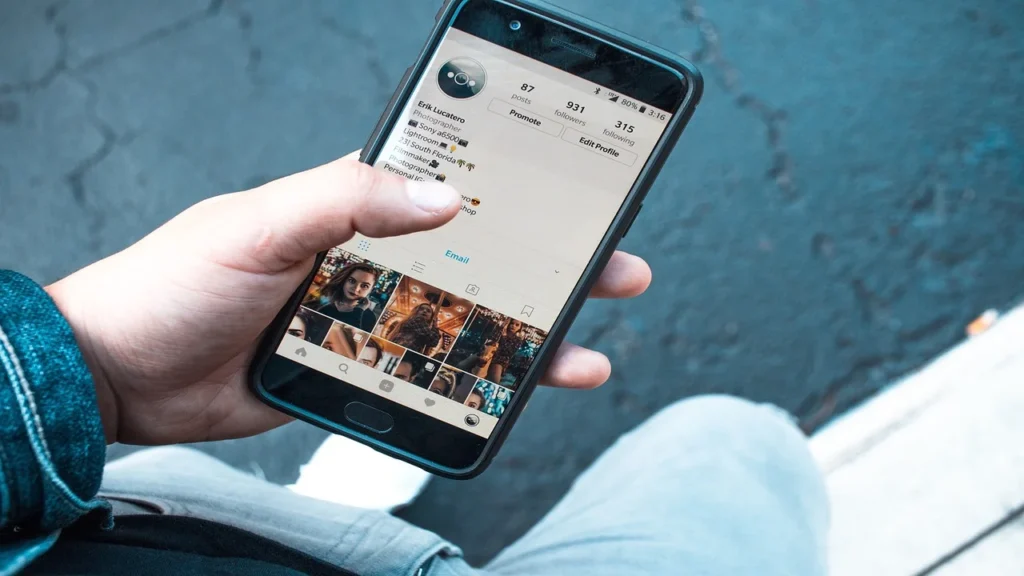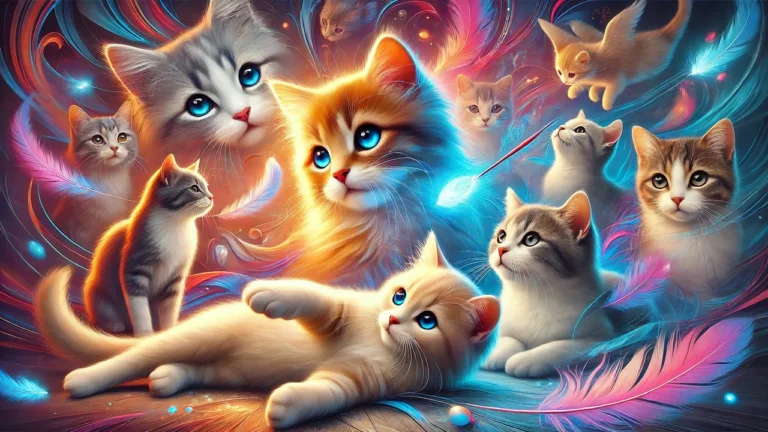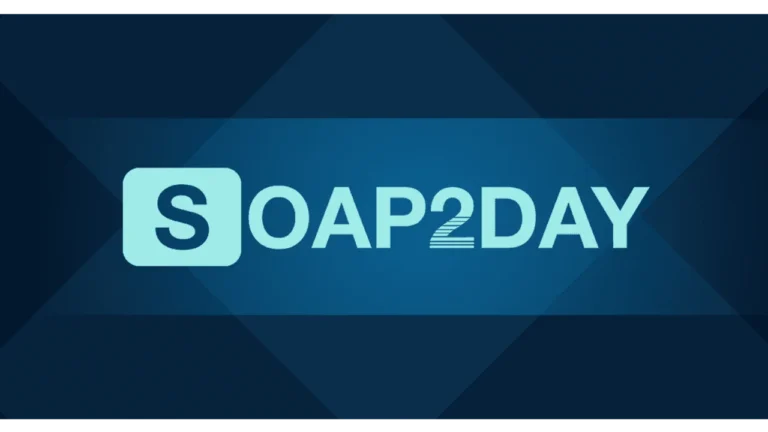Coomer Party: A Deep Dive into Digital Culture Excesses

Introduction
The Coomer Party, established in 2024, is a political entity focused on addressing and advocating for issues related to digital rights and online privacy. The party seeks to impact national and international policy with a platform focused on strengthening internet freedom and protecting individual data from governmental and corporate intrusion. The Coomer Party aspires to attract a diverse range of people who value civil freedoms in the digital era with its emphasis on openness and citizen empowerment.
What is a Coomer Party in Internet Slang?
A “coomer party” is an exaggerated situation that has deep roots in online culture and draws attention to the overindulgence in sexual content. A play on the slang word “coomer” meaning “someone who is overly preoccupied with pornography,” these get-togethers are more symbolic than actual. Memes often depict a coomer party as a satirical digital content binge that criticizes adult entertainment lifestyle excesses.
The Role of Humour in Critiquing Online Behaviours
In order to analyse and talk about the consequences of online excesses, humour is a crucial weapon. In order to investigate and critique habits associated with excessive internet use, online groups utilize comedy through the idea of a coomer party. Not only does this make the topic more accessible, but it also hits home with younger generations that are well-versed in meme culture.
Exploring Digital Isolation and Social Media Addiction
The notion of coomer parties indirectly tackles two major issues related to the behavioural effects of internet overuse: digital solitude and social media addiction. The potential psychological and societal effects of spending an excessive amount of time online, especially in settings that are rich with digital delights, are illustrated by these phrases.
Impact of Pornography on Personal and Social Well-being
As satirized by coomer parties, pornography’s impact on individuals’ and society’s health is a topic worthy of serious consideration. According to studies, while there may not be any negative consequences from moderate use, problems in relationships, decreased sexual satisfaction, and increased anxiety and depression can result from excessive use. The need of maintaining a healthy balance and being mindful of one’s digital intake is highlighted by discussing these themes within the context of cooler parties.
Behavioural Consequences of Digital Age Excesses
While the digital age offers many advantages, it also has the ability to lead to excessive consumption. Overindulgence in pornographic content consumption, as exhibited by coomer parties, can be seen as a microcosm of other types of digital addiction. The effects of digital habits on one’s physical health, mental health, and relationships with others are also being considered.
Analysis of Virtual Pleasures and Real-world Responsibilities
Coomer parties start a necessary conversation on how to combine online activities with offline obligations. This sarcastic analysis challenges readers to consider how their online habits relate to their actual obligations and goals, and it promotes a healthy equilibrium that acknowledges the dangers of excessive digital use.
Role of Meme Culture in Shaping Perceptions
Emergence and Evolution of Coomer Memes
The way coomer gatherings are viewed online has been greatly influenced by meme culture. Crowder memes, which began as a comedic portrayal of an obsessive internet user, swiftly became a well-liked kind of social criticism. Through the use of sarcasm and satire, these memes offer a visual and verbal way to delve into the oversaturation of digital consuming patterns, shedding light on topics that could be challenging to broach in more solemn or official settings.
Influence on Youth and Online Communities
Teen culture and online communities have been profoundly impacted by the virality of coomer memes on social media sites such as Reddit, Twitter, and Instagram. Youth, who are both the most prolific internet users and the most susceptible to the negative effects of excessive screen time, are the target demographic for these memes. Mocking up serious discussions about digital excess in humorous ways, meme culture helps get more people talking about it and understanding it.
Potential for Spreading Awareness and Starting Conversations
Even though they’re mostly funny, coomer memes can actually have a serious impact by getting people talking about the dangers of being too alone online and watching too much porn. Sometimes, these memes spark more in-depth discussions about personal wellness, digital health, and the importance of balance in today’s overly connected culture.
Digital Isolation and Its Impacts on Social Skills
Understanding Digital Isolation
When people spend too much time in their virtual environments and not enough time engaging in physical relationships and real-life activities, it’s called digital isolation. Participating in activities shown in coomer parties, where the online experience is valued more than real-life human connection and engagement, might worsen this sense of isolation.
Effects on Interpersonal Relationships
The likelihood that people will have trouble keeping or making new friends increases in direct proportion to the amount of time they spend alone online. Relying more and more on digital contacts might cause a decline in the ability to empathize, communicate nonverbally, and have emotional intelligence, all of which are necessary for face-to-face relationships.
Challenges in Balancing Virtual and Real-world Interactions
Many people, particularly young adults, are finding it increasingly difficult to resist the temptation of virtual worlds while simultaneously meeting the demands of their real-life obligations. Finding a good balance between online and offline activities is important for mental and social well-being, especially as digital platforms get more interactive and immersive. To lessen the impact of being alone online, try setting aside certain “unplugged” periods or making in-person activities a higher priority.
The Psychological Impact of Excessive Digital Consumption

Cognitive and Emotional Consequences
Several mental and emotional issues can arise from spending too much time in front of screens, particularly when it comes to adult content (the kind of stuff that gets brought up in conversations about coomer parties). Mood disorders including despair and anxiety are more common, and other symptoms include disturbed sleep patterns, shorter attention spans, and overall poor mental health.
Impact on Self-Perception and Body Image
Online media, especially videos and photos that are overly idealized or unrealistic, can have a profound effect on how people see themselves and their bodies. In the case of pornography, this is especially important because the depiction of idealized ideals in the medium might cause regular viewers to feel inadequate or have low self-esteem.
Strategies for Healthy Digital Consumption
Strategies for healthier involvement must be developed and promoted if we are to mitigate the harmful effects of excessive digital usage. People can maintain a better connection with digital media by setting realistic limits, seeking enriching rather than stimulating content, and including regular times of digital detox. This will encourage a more balanced and fulfilled life.
Must Read: Soap2day: Navigating the Landscape of Free Online Streaming
Frequently Asked Questions
How does Coomer Party reflect societal concerns about digital consumption?
Coomer parties serve as exaggerated narratives that highlight societal anxieties about our digital habits. They reflect concerns about the potential for digital media to overshadow real-life interactions and responsibilities.
What are the signs of digital media addiction?
Signs include spending an excessive amount of time online to the detriment of work, studies, and relationships, feelings of restlessness or irritability when unable to access digital devices, and a continual preoccupation with online content.
Can humour effectively change behaviours related to excessive digital consumption?
While humour can be an effective initial step in raising awareness, real change often requires a combination of personal insight, community support, and sometimes professional help.
What are the recommended limits for consuming digital content, including adult content?
Experts suggest moderating digital and adult content consumption by setting time limits, taking regular breaks, and ensuring that it does not interfere with daily responsibilities or interpersonal relationships.
How can one mitigate the risks associated with excessive digital consumption?
Strategies include setting realistic boundaries for digital consumption, finding offline hobbies, and engaging in physical activities. It is also beneficial to have open conversations with peers about healthy digital habits.
Conclusion
One fresh and entertaining approach to broaching the serious topic of digital overconsumption is the idea of “coomer parties,” which originated in internet culture. By peeling back the comedic and satirical veneer, we can see how our digital age has changed people’s habits and how important it is to maintain a healthy balance between our online and offline lives. In a world when online entertainment is at our fingertips, but serious obligations lie ahead, this introspection is essential.

Nancy Albret is a dynamic blogger for Magzinely.com, exploring a variety of subjects from technological innovations to cultural perspectives. Her writing sheds light on how modern living intertwines with enduring traditions and the newest developments in technology for efficiency and sustainability.






